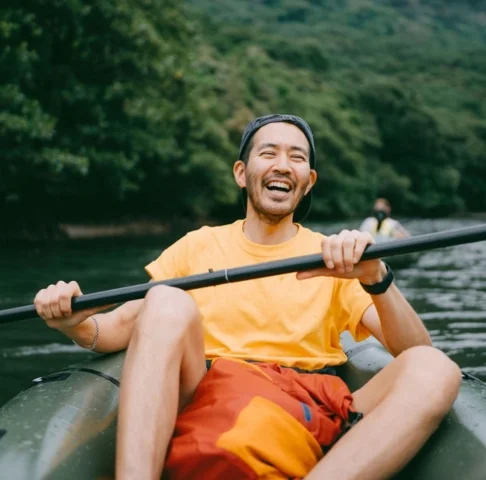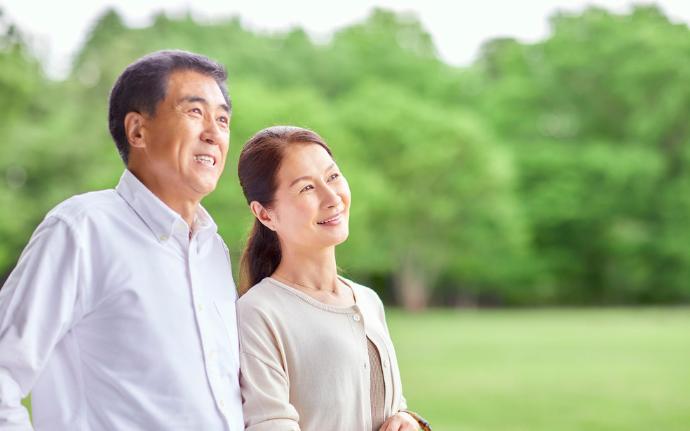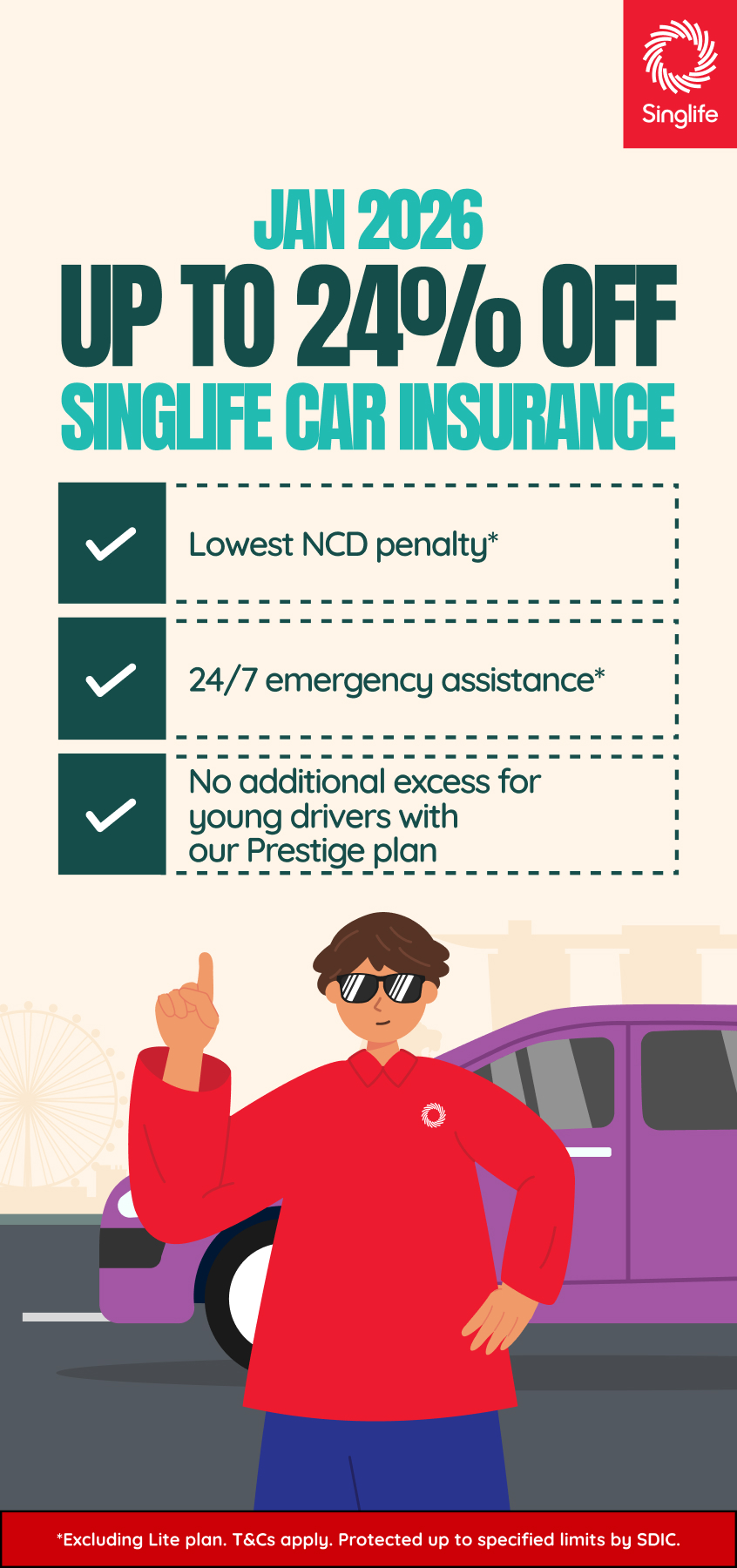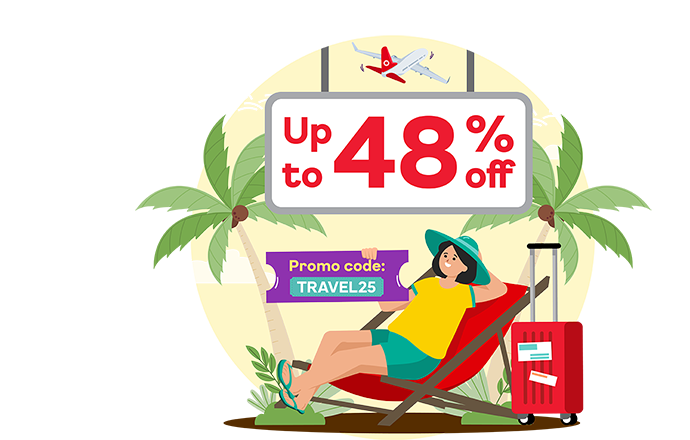I’m female and I’ve been travelling solo for almost a decade. However, I still hear the same remarks over and over. “You’re female, why are you travelling alone? Don’t you know it’s dangerous?”
To be honest, I’ve never truly felt unsafe during my travels, but everyone’s solo travel experience is different, and I can’t ignore the fact that there have been stories of female solo travellers encountering mishaps. The key to female travellers having an enjoyable solo trip may well lie in being prepared.
The rise of the solo traveller
With the growing emphasis on prioritising mental health among Gen Zs, there has been a noticeable increase in solo travels within this cohort as part of “self-love” and “self-care”. A quick snoop on the internet shows a huge surge in the search volume of females looking to “solo travel” and seeking out destinations that are “safe” for female travels.
Understand what you’re getting into pre-trip
I understand the sheer thrill before you embark on your solo travels. Just the thought of wandering around the streets of a foreign land, enjoying a cup of coffee at noon while people-watching, or partying at night and making new friends is exciting.
However, before you dive into these experiences, there are a few things that I’ll recommend you take into consideration:
1. Knowing your comfort limit
Growing up in Singapore, I admit that I’ve been taking my safety here for granted. While I’ve known all along that not all countries are as safe as Singapore, travelling abroad alone really taught me a lot more about safety.
I remember backpacking across Vietnam back in 2015 when ride-hailing apps such as Uber and Grab did not exist in Vietnam. Relying on public buses and local taxis to get around was daunting as most of the locals couldn’t converse in English. I must say that Google Translate really carried my entire trip. However, that experience also made me realise how easily I could’ve been put in an extremely vulnerable position as I could have been an easy target for human trafficking.
I’m not sharing this experience to deter you from travelling to Vietnam, or countries with developing transport systems. Rather, I hope it helps you to figure out what your comfort zone is while travelling, to better guide you in choosing your very own “safe” place. The last thing you would want is to be in a compromising situation all by yourself in a foreign land.
2. Paying a little extra for safety
Flight tickets and accommodation tend to be the bulk of expenses for a holiday, and travelling alone in itself can be costly when you have no one else to share costs such as hotel stays and can’t take advantage of group travel discounts. However, sometimes it pays to spend more on flights with better timing, or accommodations with a good track record.
The savings opportunity that comes with settling for awkward flight timings and less-than-ideal accommodations could be grossly outweighed by bigger costs that could surface if anything untoward happens to you. So, the extra expenses would be money well spent.
Having experienced taking a red-eye flight, sleeping at the airport, taking overnight trains with five strangers, and sleeping in backpackers' inns, the one thing I’ll never compromise on is taking a ride in the middle of the night alone and staying at accommodations that are located on quiet streets.
3. Packing extra Items
Being “kiasu” is a good trait to have when travelling alone, as it’s always good to take extra precautions. These are some of the “for safety” items that I must have for trips.
- Personal alarm keychain
Not everyone has a black belt in taekwondo, so for your personal safety against physical attacks, it’s always handy to carry a personal alarm keychain around with you when travelling. These alarms emit loud high-pitched noises when triggered, and they are small, inexpensive, and lightweight to carry around. You never know when it may come in useful.
- A spare data SIM card
I don’t know about your experience with e-SIM, but mine hasn’t been the best. I get the hype with e-SIM since you don’t have to pick it up at the airport and it’s convenient for travellers or packers who need to purchase it at the last minute. However, in my experience, the connection for e-SIM just hasn’t been the best and I won’t want to be stuck in a situation where I’m lost, with no signal or internet to navigate. Having an extra SIM card will be useful in such a situation.
- Spare SGD cash
Running out of local currency could be problematic especially in places where card payment isn’t common. Bringing along some extra SGD will come in handy when you’re out of local currency, even though you can probably withdraw some at an ATM. In the worst-case scenario where you can’t find an ATM or make a withdrawal, at least you’ll have some cash on hand which will help you tide through.
4. Important hotline numbers in case of emergency
It’s important to be aware of important hotline numbers such as the local police or ambulance when you travel. Additionally, you can voluntarily register yourself with the Ministry of Foreign Affairs (MFA) when you travel. This allows you to submit a record about your travel itinerary abroad, and in the event where you are stuck in an emergency (e.g. natural disaster, war) the government will be able to contact you easily and bring you to safety to their best ability.
5. Travel Insurance
You’ve probably heard so much about travel insurance that you might not feel the need to read this portion. It’s easy to purchase travel insurance online, but do you make it a point to know your travel insurance well enough before purchasing it?
When it comes to travel insurance, people tend to look for the cheapest option, but different insurers and plans offer different coverage. Hence, it’s always good to do a cross-comparison to ensure you buy the one that fulfils your needs before and during your trip.
A situation such as a natural disaster is not something that’s within human control, and if you must change your plans due to a typhoon situation before you travel, your travel insurance will come in handy (claims are subjected to your insurance provider).
Of course, there are other situations that travel insurance covers. With Singlife Travel Insurance, rainfall protection, loss of frequent flyer points and even travel cancellation for any reason* are also covered. You can check out the Singlife website for more information. This way, you’re insured for your trip even before you embark on it.
Ways to protect yourself while you’re abroad
1. Do not be too honest with strangers.
Part of the fun in travelling is meeting new people from different countries. But it’s always safer to give the benefit of a doubt to someone you’ve just met. After all, you can never fully know these people after just a brief encounter. Even in a low-crime rate country like Singapore, things can go wrong, what more when you’re a solo woman traveller in a foreign country? According to a CNA report, there were a total of 1,610 sexual crime related reports made in 2022, an 8% increase from the previous year, and almost 60 percent of the sexual assault cases involved culprits known to the victim. Hence, it pays to be discreet with someone you’ve just met.
1. Do not settle for any rides with less than 5-star rating
While ride-hailing apps are generally safe in Singapore, many of my overseas female friends say that they do not take rides with less than a 5-star booking in their own country. It’s their way of minimising the risk of getting into a vehicle with a ride-hailing driver who has a less than perfect record. They say that even as locals, they’ve encountered drivers with ill intentions. In an ideal situation, requesting for a “female only driver” would be great, however, this request function is not available on the ride-hailing apps for now. Hence, relying on ratings is the best possible way to ensure your own safety when taking a ride.
2. Drinking with caution
Many people use social drinking as a tool for getting to knowing new people, but you’ll have to be cautious about what you’re drinking. If you’re at a bar, make sure that the drinks are made in front of you, and ensure that bottles are served to you unopened. That way, you’ll know that it hasn’t been laced with sedatives or other drugs which could make you an easy crime victim.
Additionally, be aware of your own limits. If you find yourself getting a little woozy from the drinks, do not continue and drink plenty of water to flush it down. Take responsibility for yourself, to prevent being caught in a compromised situation overseas.
3. Ensure that there’s someone who’s aware of your whereabouts
When you’re travelling alone, it’s always good to inform someone about your location just in case anything bad happens. Of course, there are already inbuilt functions on modern smart phones that allow you to share your location in real time. However, technology can sometimes fail us, so it’s always better to tell someone close where you are, and where you’re heading in times of emergency or natural disaster so that you’ll be easily located.
Make new friends, have fun, and stay safe!
Travelling alone can seem daunting, but it is also a whole lot of life experience. You’ll get to discover a side of yourself you never knew, meet new people and discover things you’ll never learn from textbooks. Remember, always put your safety first when you’re travelling and never compromise on it, even if it means spending more cash for greater peace of mind. Your life will never be worth less than that few extra dollars you have saved.
Notes
*Only available for Travel Plus and Prestige plan.
This policy is underwritten by Singapore Life Ltd. This is published for general information only.
This is not an insurance contract. Full details of the standard terms and conditions of this policy can be found in the relevant policy contract.
This policy is protected under the Policy Owners’ Protection Scheme which is administered by the Singapore Deposit Insurance Corporation (SDIC). Coverage for your policy is automatic and no further action is required from you. For more information on the types of benefits that are covered under the scheme as well as the limits of coverage, where applicable, please contact Singlife or visit the GIA or SDIC websites (www.gia.org.sg or www.sdic.org.sg).








